FAQ
Q. What is tax planning? And how does it differ from estate planning?
A. This is a good question and can be difficult to answer because there are different ways to define those terms. In our view, tax planning can be corporate (i.e. corporate restructuring, loss utilization planning, minimizing Part IV tax…) or it can be personal (i.e. gaining access to/multiplying the capital gains exemption, compensation structuring, immigrating or emigrating…) but generally focuses on a more immediate or short term need or opportunity to analyse a financial situation and plan to ensure that all elements work together in a tax efficient way.
On the other hand, estate planning generally focuses on minimizing tax on death (which can include both corporate and personal tax planning) and maximizing what is left for beneficiaries. If properly done, an estate plan will also deal with other important issues like beneficiary designations, ensuring beneficiaries are provided for in the most appropriate and beneficial way (i.e. dependents and disabled beneficiaries), minimizing estate administration taxes (a.k.a probate taxes) to the extent it is material, adding protection where necessary from creditors or family law issues.
Q. Does your team implement plans developed by other professionals or advisors?
A. Absolutely. We work with other professionals on an ongoing basis to implement plans they have prepared. In many cases, we are also asked to review and contribute to those plans prior to implementing them.
In our view, planning is a team exercise and we work as part of that team to ensure our clients needs are met.
Q. How can I prepare myself for our first meeting and what documents should I provide?
A. In our opinion, more is better. A plan is much better if it takes into account all relevant information from the outset. In a planning file, we will generally ask for financial statements, tax returns, corporate documents (i.e. minute books, shareholder agreements), asset lists with costs and current values, and a list of family members and contact information.
Q. What can I expect from a first meeting with your team?
